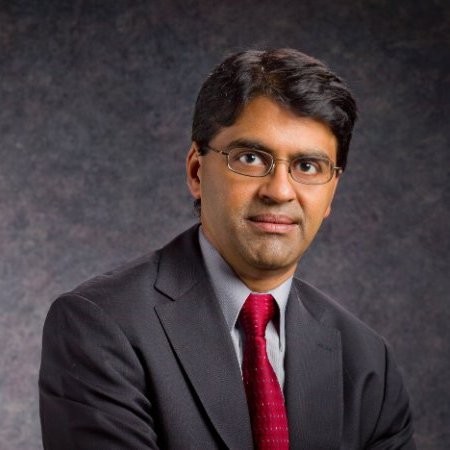Seed Capital
1Mby1M Virtual Accelerator AI Investor Forum: With Rajeev Madhavan, Clear Ventures (Part 3)
Sramana Mitra: There’s another factor to consider. There’s this company called Tempus that went public in June this year. I don’t know if you’re tracking them. Tempus is an AI company that focuses on the pharmaceutical industry. It has all kinds of pharmaceutical use cases and healthcare use cases. It doesn’t look like a language model-based solution. It’s an older company, obviously. It already has revenue of over $500 million.
>>>1Mby1M Virtual Accelerator AI Investor Forum: With Rajeev Madhavan, Clear Ventures (Part 1)

Rajeev Madhavan, Founder and General Partner at Clear Ventures, discusses how he is investing in AI startups and what he is learning from the market.
>>>1Mby1M Virtual Accelerator AI Investor Forum: With Naganand Doraswamy, Managing Partner and Founder at Ideaspring Capital (Part 4)
Sramana Mitra: I think for entrepreneurs listening to this conversation, there are two takeaways that you want to consider. One is, find a platform that you can build on. If you’re building enterprise products or mid-market B2B products, look at a platform called Cohere.
>>>1Mby1M Virtual Accelerator AI Investor Forum: With Naganand Doraswamy, Managing Partner and Founder at Ideaspring Capital (Part 3)
Sramana Mitra: The other point I want to make in this discussion is that AI is not only generative AI. There are many, very powerful problems that are being solved with AI, but not necessarily generative AI.
>>>1Mby1M Virtual Accelerator AI Investor Forum: With Naganand Doraswamy, Managing Partner and Founder at Ideaspring Capital (Part 2)
Sramana Mitra: Let’s double click down on your current portfolio. Let’s discuss the AI company that you have invested in and let’s also discuss the five to seven AI SaaS companies that are bringing in AI co-pilots. So, let’s do some case studies and understand these trends a little bit from the ground so that you can talk with real experience.
>>>1Mby1M Virtual Accelerator AI Investor Forum: With Naganand Doraswamy, Managing Partner and Founder at Ideaspring Capital (Part 1)

Naganand Doraswamy, Managing Partner and Founder at Ideaspring Capital, discusses how he is thinking about investing in AI. There’s a lot of confusion around AI right now. The hype is astronomical. Amidst this noisy environment, we’re trying to bring you some signal, some wisdom.
>>>1Mby1M Virtual Accelerator AI Investor Forum: With Ashmeet Sidana, Chief Engineer at Engineering Capital (Part 3)
Sramana Mitra: So let me double click down on the second one. I will come to the picks and shovels in a moment, but my observation is that to build a vertical application on top of an LLM, you obviously need to train in domain specific data. Now, there is a benefit to kind of constraining that model. You can tell me more technically how much of this is viable and how are people doing it. If you constrain the model to a small language model, the hallucination problem should go away or at least get much more manageable. Is that a correct statement?
>>>1Mby1M Virtual Accelerator AI Investor Forum: With Ashmeet Sidana, Chief Engineer at Engineering Capital (Part 1)

Ashmeet Sidana, Chief Engineer at Engineering Capital, talks about his AI investment thesis. It’s a wonderful discussion that not only entrepreneurs should listen to, but investors should also listen in to calibrate their own investment thesis.
>>>